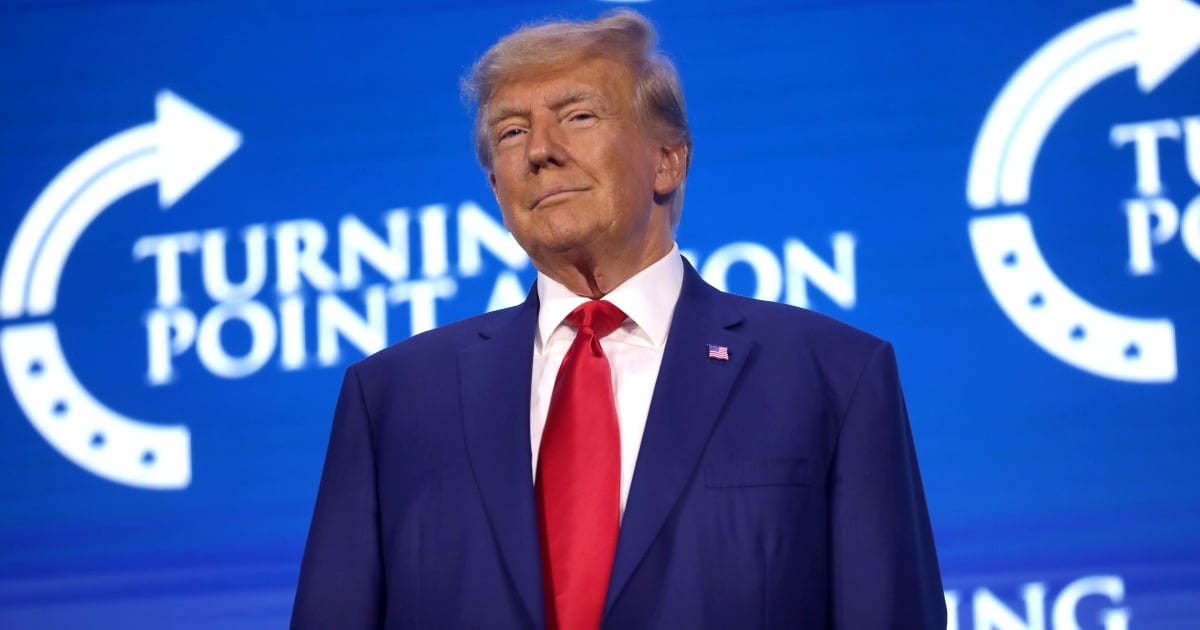In a potential second term, Donald Trump's approach to Latin America could take on a more stringent stance, particularly concerning Cuba, with a focus on migration and regional security. This is according to Carlos Trujillo, a Cuban-American and former U.S. ambassador to the Organization of American States. Trujillo indicates that the Trump administration intends to address the impact of Cuban migration and that from other countries in the region as part of a broader initiative to manage migratory flows to the United States.
The Cuban Migration Focus in Trump's Strategy
During his initial presidency, Trump implemented pressure policies on Latin American governments, targeting particularly the Northern Triangle of Central America and Mexico, to curb migration to the U.S. Trujillo reveals that in another term, Trump would expand this strategy to include Cuba, where the economic and social turmoil has increased citizen exodus towards the north. "The goal is to halt illegal migration which involves cooperation not only with Mexico but also with South American and Central American countries," Trujillo told NBC, hinting at possible avenues like bilateral agreements, economic incentives, and migration blockades.
Under President Biden, border crossings hit record numbers, although asylum restrictions introduced in the summer have somewhat eased the flow, challenges remain. Trump's policy might signal a return to asylum cooperation agreements, potentially leading to the deportation of Cuban and other migrants to third countries before they seek asylum in the United States.
Addressing Cuba's Ties with China and Russia
Beyond the migration issue, a Trump administration would likely aim to diminish China's and Russia's influence in the Western Hemisphere, with a particular focus on Cuba, which has strengthened ties with these nations in recent years. Trujillo asserts that a new Republican government would maintain a "firm stance" against what he describes as "acts of aggression in our hemisphere" by countries like China and Russia, which are trying to expand their military and economic presence in Latin America.
Reports have emerged about China and Cuba negotiating the establishment of a joint military training center on the island, raising alarms in Washington. Furthermore, in the summer of 2023, Russian warships docked in Havana's port, signaling Kremlin support for the Cuban government. The Biden administration has expressed concerns over these developments, and Trujillo suggests that a Trump government would intensify efforts to limit Chinese and Russian influence in Cuba and the broader region.
The Economic Impact and Bilateral Relations
Cuba's economy has been significantly disrupted in recent years due to the tightened sanctions during Trump's first term, compounded by the pandemic and internal issues. Trump reversed several of Obama's opening policies towards Cuba, including banning U.S. flights to most Cuban cities and restricting remittances. Before leaving office, Trump also labeled Cuba as a "state sponsor of terrorism," further straining bilateral relations and restricting the flow of foreign currency to the island.
While the Biden administration rolled back some of these restrictions by allowing flights and remittances, the most severe economic sanctions remain in place. Trujillo, of Cuban descent, believes Trump would likely reinstate full restrictions, arguing that "economic pressure is an effective tool to weaken the Communist Party's grip on the island." Critics argue that these sanctions exacerbate the hardships faced by the Cuban people, who are already struggling with severe shortages of food, medicine, and fuel.
Nonetheless, Trujillo defended Trump's stance, stating that "pressure on the Cuban government is necessary to foster real change and prevent the consolidation of authoritarian regimes in the hemisphere."
Repercussions for the Cuban Community in the U.S.
A return to a Republican administration with a more restrictive approach to Cuba and other Latin American countries could directly impact the Cuban community in the U.S. The proposed migration control policies would not only tighten border restrictions but could also limit asylum options and other immigration programs that currently allow many Cubans to legally enter the country.
Additionally, the strategy of economic and diplomatic pressure on the Cuban government might worsen living conditions on the island, increasing migratory pressure. Trump's policy towards Latin America could have significant implications for the lives of Cubans both within and outside the island. While some support a hardline approach against the Cuban government, others fear that increased sanctions and migration restrictions might further burden the Cuban populace rather than its political leaders.
Trujillo praised Trump's "hardline" strategy towards Cuba, attributing the island's economic collapse to the sanctions imposed by his administration and describing it as a more effective approach than policies of engagement with the regime.
